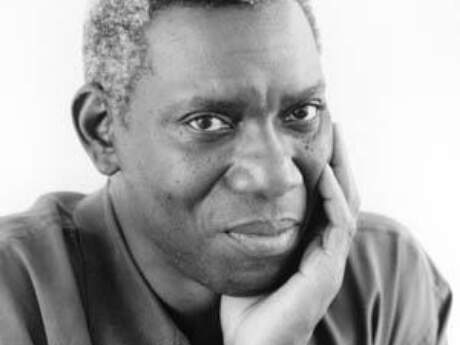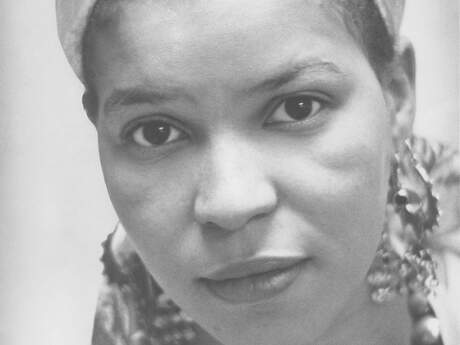First Loves
Charles Bernstein: First Loves

The first poem I ever loved is being written by a child in a language I will never understand.
As a boy, during the war (the story would always begin "during the war"), there was Churchill on the radio reciting Claude McKay's "If We Must Die," which brought that great poet to my attention and led me to his "Constab Ballads," the first book of poetry I was able, successfully, to commit to memory (just before being released from the Home that first time). I remember, as if it were another life, those nights that Khlebnikov was my babysitter. After giving me a hot plate of Campbell's Vegetarian Baked Beans with cut-up franks, and then tucking me into bed, he would perform "Incantation by Laughter"--a magical journey into a world neither here nor there, yet always close at hand. Although I also admired his "supersaga" Zangezi, which he wrote while bouncing me on his knee (or so it has often seemed), I was definitely partial to his shorter zaum poems.
The memory plays such tricks so that when identified as a poem, as literary, the language one loves ceases to be that but exteriorizes itself, like a twelve-story free-fall that calls itself a hoe (to rake the verses in the park of the mind). Which is to say, no such account of this subject, however oblique, could be complete without mentioning our family camping trip to the Yukon, where my elderly grandmother read to us, as if from inside a raging campfire, Zukofsky's "A"-9:
Love acts beyond the phase
day wills it into--
Hate is obscure, errs, is pain,
furor, torn--a
Lust to adorn aversion, hope--love eyeing
Its object joined to its cause, sees path into
Things the future or now,
that poorer bourne....
Yet I think it must have been (yes, must have been) the poetry of Allen, in riposte to Burns, that gave me an early hint at my True Calling.
"Say goodnight Gracie."
"Goodnight Gracie!"
Originally published in Crossroads, Spring 1998.


